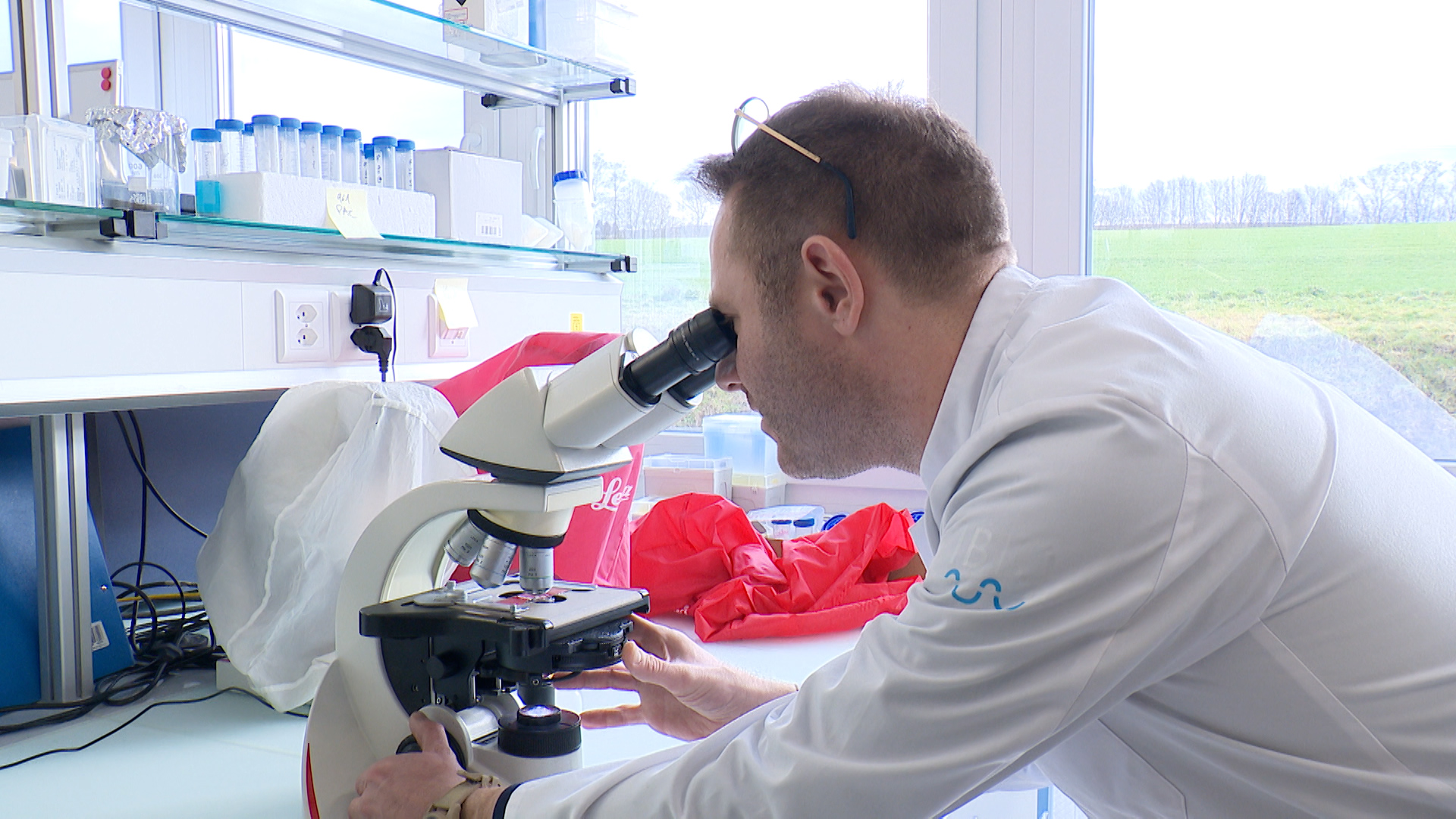Check out our selection of newsletters. Subscribe here . Dioxin pollution is a global problem, especially in poorer countries in Asia and Africa.
The toxic environmental pollutants are mainly unwanted by-products of manufacturing processes, but the worst culprits are uncontrolled waste incinerators and open burning. While dioxin emissions in developed nations have remained at relatively low and stable levels thanks to control measures, those in low-income countries are still at relatively high or have continued to increase in recent years, research External link shows. Switzerland has a reputation for cleanliness and natural beauty.

But it too has a serious toxic legacy . In the western Swiss city of Lausanne, historical dioxin contamination External link caused by an old incinerator was discovered by chance in 2021. Affected residents are anxious about the long-term health concerns and damage to their property, and local authorities are still getting to grips with the huge costly clean-up.
Among the various measures being considered, the authorities are funding a project by the Swiss biotech start-up Tibio External link , which has developed a “bioremediation” technique using microorganisms to decontaminate soil. The pilot project seems promising: in one month, dioxin-eating bacteria grown in the lab in Chavornay, canton Vaud, are capable of halving the quantity of dioxin. But question marks remain about whether this experimental approach will work on a large-scale.
A to.
















